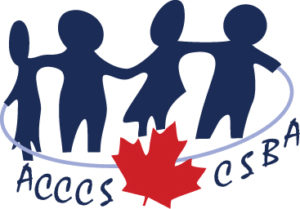 21st Century Learning is a key priority of the Canadian School Boards Association. Canadian students require a learning experience that develops competencies required into the future.
21st Century Learning is a key priority of the Canadian School Boards Association. Canadian students require a learning experience that develops competencies required into the future.
We applaud the efforts of C21 Canada, and are proud to be a founding partner. The release of “Shifting Minds” provides the education sector and in particular school boards the opportunity to reflect and inspire new innovative practices in support of student outcomes in a global economy.
On behalf of the Canadian School Boards Association, I am pleased to send you this formal endorsement of the document “Shifting Minds: A 21st Century Vision of Public Education in Canada” as a means to inspire a national conversation to create a 21st century learning framework. We invite all Canadians to join the conversation!
Sincerely,
Sandi Urban Hall
President

